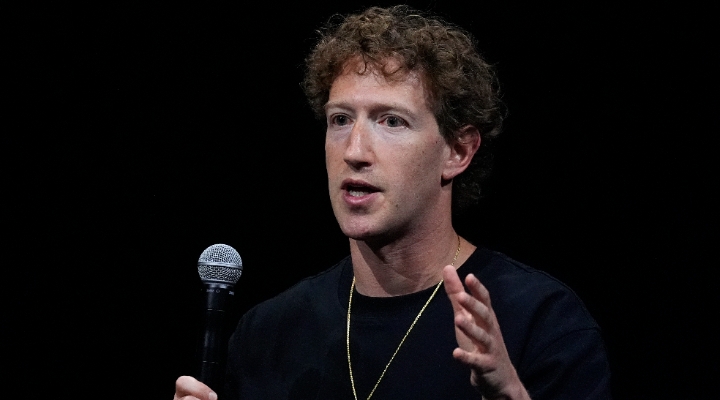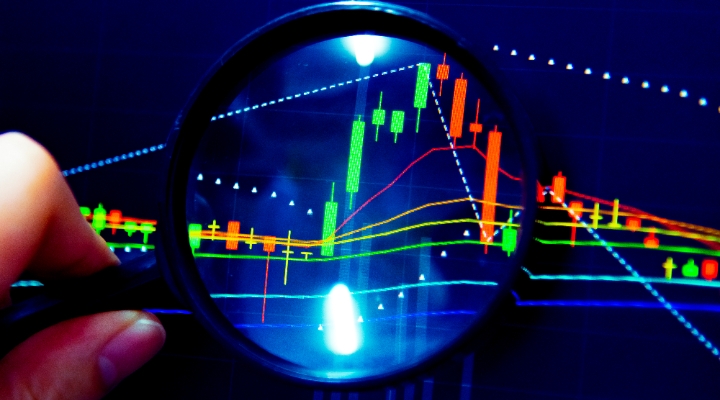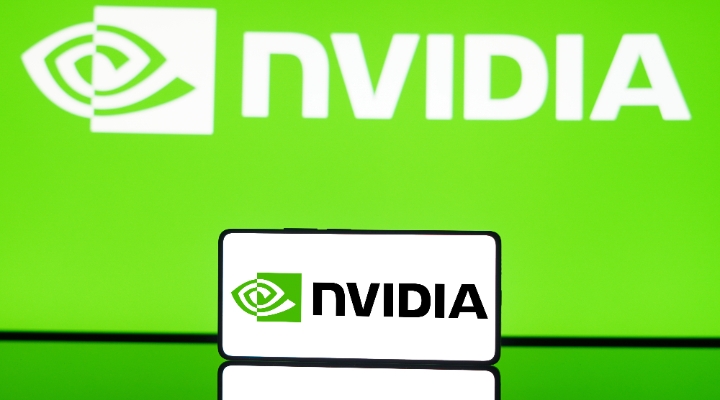
On this episode of The Long View podcast, Daniel Peris, investment historian and manager of dividend-focused portfolios for Federated Hermes, talks about the investing history of dividends, paradigm shifts he anticipates in dividend investing, and his latest book The Ownership Dividend: The Coming Paradigm Shift in the US Stock Market
Here are a few excerpts from Peris' conversation with Morningstar's Christine Benz and Dan Lefkovitz.
Christine Benz: This has been a big year for dividends. Alphabet, Meta, Salesforce, all initiated dividend payments. So, why aren't you popping the Champagne cork on this great new era of higher dividends?
Daniel Peris: Well, again, I'm delighted to have them come out. The book came out on Jan. 31, and Meta's dividend was announced February 1. Hurrah. But I'm not popping the Champagne cork yet because the transition that I'm forecasting in the ownership dividend, that is the return of the cash nexus, driven inexorably by the return of normal rates, interest rates, and the end of the various phenomena I've discussed that is buybacks are getting tired, Nasdaq maturing, and the global neoliberalism coming to a crashing end, I think that's going to take several years. So, I think it's a little bit premature.
Also, if you look at Meta's and Google's dividend announcements, they were combined with much larger share buybacks. So, the yield on Meta and Google is de minimis, but it now is not zero. It's de minimis. And the ratio of buybacks to the dividend payments, the dollar dividend payments, is still, I think, it's six-to-one for one and eight-to-one for the other. But it's a symbol. It's a movement in the right direction. For a dividend investor in the stock market, they're still not available as income streams. But I think, over time, we're going to see more, and they will eventually become available. So, stay tuned.
Factors Driving Paradigm Shifts in Dividend Investing
Dan Lefkovitz: You've referenced the paradigm shifts that you anticipate, where share price appreciation alone is insufficient, dividends regain their centrality. Maybe you could really spell out the argument, what factors do you see that are going to cause this shift?
DP: The return of the cash nexus, again, which is basically mean reversion toward business ownership of any endeavor that you would see, companies are going to have to compete for capital. Again, chapter one of the finance textbook. And they were able to compete for capital with prospects of unlimited growth and declining interest rates, that is declining cash hurdles for decades. And it worked perfectly well.
Retirees, the early baby boomer retirees were able to finance their retirement, not from income, but from harvesting capital gains. It worked because the stock market kept going up and interest rates kept going down. As that comes to an end, I expected to basically reverse that in order to compete for capital from investors with interest rates at a more normal level, and buybacks more controversial, and Nasdaq more mature, and the politics of local rather than global, then companies are going to have to approach it more a cash on the barrel approach that trust in management got to an all-time high. Here's my money, take it, do whatever you want.
I think that we're going to be receding from that and going forward through the remainder of this decade into the next, companies in order to enjoy favor with investors are going to have to show cash. So, that means more companies initiating dividends, more companies initiating dividends and companies making the dividends a more prominent part of the ownership proposition, just like any other business that someone might invest in.
So, look for more companies paying dividends, larger companies paying dividends, it's both good news and bad news. For a dividend investor in a stock market, it means more options, that's good. For dividend investor in a stock market, it means more options, that's bad. You have to make more choices, more analysis, determine which of those companies have sustainable income streams, which do not. So, more work ahead of us.
How Geopolitics Are Contributing to the Dividend Shift
DL: You mentioned geopolitics or political economy in the book as contributing to the paradigm shift on dividends. Can you expand on that?
DP: Dangerously. And I will try to keep my tongue and not getting into trouble. This interview is being taped toward the end of July. It's been a very dramatic 10 days in this country politically. But really, you could look at the events starting in 2020 with covid and the move toward de-globalisation, interest rates hitting the bottom, the political challenges that we've faced for the past either eight years or four years, depending on how you view it. But those challenges are obviously extremely severe.
I would characterise them without pointing names, though I'd be happy to, is that we at one point had a consensus about neoliberalism and globalisation. It wasn't at least among policymakers and investors and so forth. It's fine not to have a consensus, but where I think we're headed now is not only to not have any consensus, but it appears that most policymakers are content to not ever have a consensus anymore.
We don't even see the need to agree anymore. It's not what we agree on or don't agree on? Do we agree on the return to 18th century mercantilism and tariffs? Do we agree on globalisation? Do we agree on subsidies? Do we agree on industrial policy?
Not only do we not agree on any of those issues, we don't even see the need to come to an agreement on anything anymore. I think that that does pose a tremendous risk to investors. We have a high-trust society and our assets trade at a high-trust multiple. We have called it a 25 multiple in the stock market. That's a high-trust multiple. You are trusting your cash return, whether it's a dividend yield or earnings yield, obviously, very low because of the dividend yield, but the 25 multiples in effect, an earnings yield is very low. That's because people trust the system work and what they make their capital available and get back to them in one form or another.
I think the risk is that we are veering in the direction, descending into the direction of a low-trust society, and low trust societies don't have 25 multiples. Not to take us down a dark path, but you asked.





























